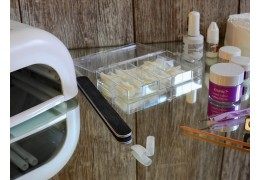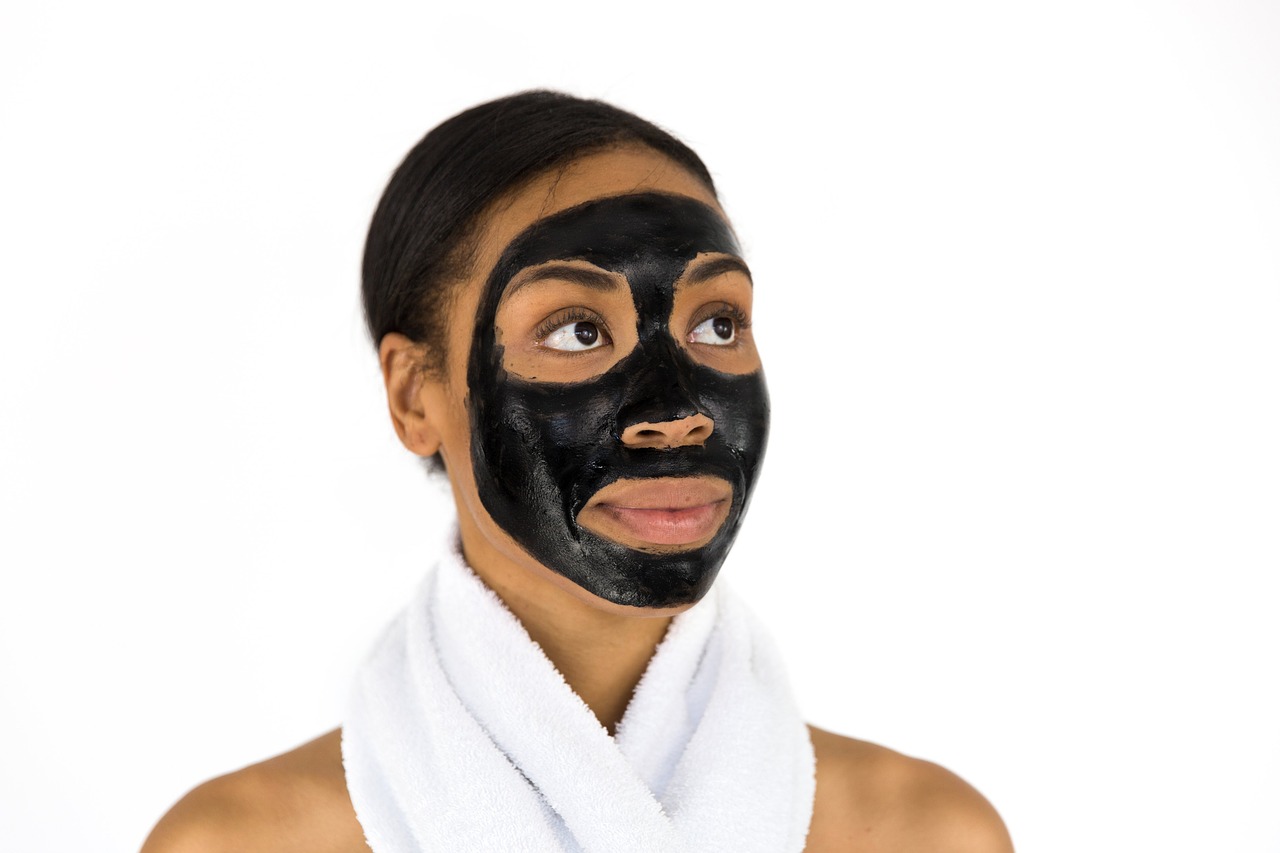Blog categories
Search in blog
Popular posts





Featured posts






When you have facial skin that tends to glow and your hair that tends to heal very quickly, it’s because your body produces excess sebum. If this protective fim is essential for hydration and the fight against infections and other microbes, it can be problematic when it is produced in too large a quantity by the body. Clogged pores, acne pimples, irritations, etc. not to mention the aesthetic effect, the skin and oily hair. So what? Here’s everything you need to know about the topic in this article.
As you can see, if you have oily skin and hair, your body produces sebum significantly. But, how to explain this overproduction? There may be different causes. First of all, a hormonal change can be the cause of a high production of sebum at a key moment in a woman’s life (puberty or pregnancy for example). But, this can simply be due to an environment that is too hot, to the practice of a sport or genetics. Finally, use of unsuitable skincare products can also lead to greater sebum production to counter dehydration or skin irritation.

To fight against excess sebum in the skin, you need to adapt a balanced skincare routine, because you don’t want to completely block sebum production. Here are some tips to get it right:
The most important thing is to choose your skincare products carefully, by reading the labels, in order to find the right product for your epidermis. To be sure to opt for oily skin care, your product must mention the following: «non-comedogenic», «non acne», «does not obstruct pores» or «does not cause skin rashes». For the active ingredients used to control sebum production, consider formulations containing salicylic acid, benzoyl peroxide, niacinamide, zinc, retinoids or sulphur. Finally, keep in mind that light textures avoid the greasy effect. Use a serum, gel, lotion or powder instead of a creamy formula.

Cleaning your face every morning is essential, but it is best to put in place a gentle way to do it. Choose a non-aggressive cleaner enriched with salicylic acid that will prevent your pores from clogging up.
Also, avoid rubbing your skin when cleansing, as this will attack your skin and cause more sebum to be produced. Apply and allow the product to work by massaging slowly.
When you have oily skin, you are often tempted to wash your face too often to eliminate excess sebum. However, intensive washing can lead to the opposite effect. To maintain good hydration and optimal balance, opt for two facial washes: morning and evening.
Toners are skin dryers, made of alcohol. If they are effective in removing the fat film on the surface, they may also dry out your epidermis in depth, which will lead to a new production of sebum, even more important. Favour micellar water composed of charcoal for the astringent effect and glycerin or aloe vera for hydration.
Using a mask is not recommended when you have oily skin. However, it must be composed of sulfur for a cleansing, anti-inflammatory and anti-irritation effect. Once applied, the mask should be rinsed with clear water and coated with moisturizing cream.
It is best to avoid touching your face too often when you have oily skin. This increases the risk of bacteria and fatty film proliferation on other areas of the face. In addition, it can cause acne problems.
To reduce sebum on the skin, there’s nothing like a balanced diet rich in vitamins A and D. You can also take a zinc-based diet supplement to regulate the sebum visible on the surface of the skin. Eating better is essential to be beautiful and healthy. Here are some ingredients that will help you to have a clean and radiant skin: cucumber, nut, orange, green vegetables, avocado, legumes, grapefruit, fish, raw fruits and vegetables, dark chocolate, banana and coconut water. On the contrary, dairy and fat products, as well as fast sugars, will tend to aggravate the problem.

As with the skin, excess sebum in the scalp may depend on various factors such as hormonal fluctuations, feeding habits, stress situations, the use of certain unsuitable skincare and cosmetics or simply heredity. To fight this problem effectively, you must first find the right shampoo. It should be gentle, soothing any combatant of excess sebum.
Next, some precautions must be taken on a daily basis: avoid over-brushing and using accessories, wash your hair with lukewarm water and rinse thoroughly, and use a mask that regulates sebum. If you are a fan of natural products, know that some oils allow to clean the hair without weighing it down (amla, tea tree, jojoba oil, sesame or patchouli for example).
Now you know what to do to fight oily skin and hair. Be aware that there are some very good products on the market and that you can also concoct some homemade mixtures.